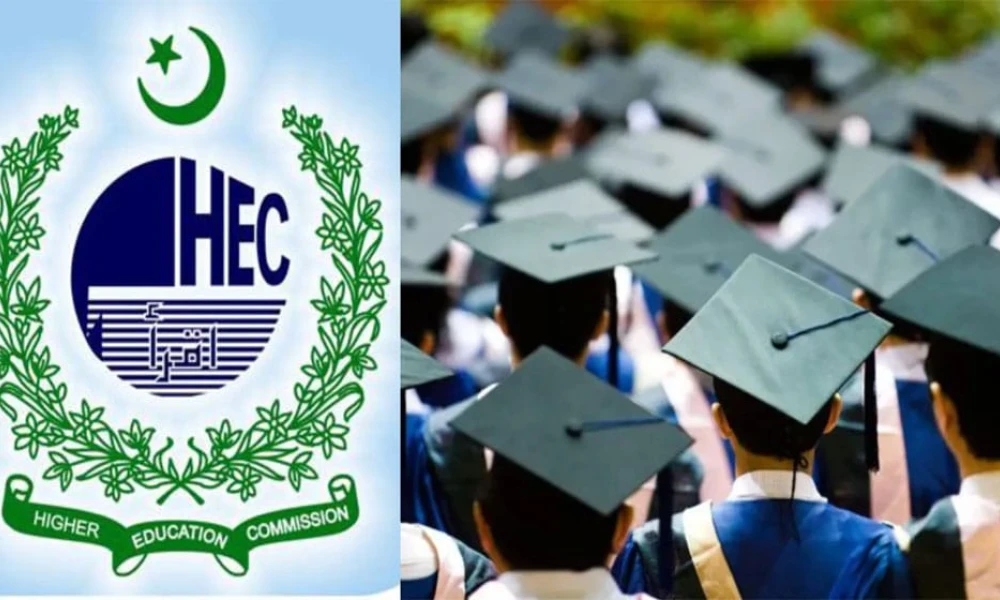Is there a looming sense of darkness over Pakistan’s education sector? It seems we’re struggling to progress, often taking steps backward. Positive news about education is rare; instead, we’re inundated with negativity and dismay.
Recent discussions in educational circles are disheartening. It’s reported that the federal government has reduced the annual budget for the Higher Education Commission (HEC) for the upcoming fiscal year 2024-25 from Rs65 billion to Rs25 billion. Previously, these funds adequately supported 160 public universities nationwide. Now, these funds will be directed solely to federally administered universities.
For decades, we’ve debated education budgets, always demanding more allocations. Take Malaysia, for instance. When Mahathir Muhammad became Prime Minister, he allocated a substantial budget to education, resulting in rapid development. Today, Malaysia is sought after for its relatively affordable, quality education. In contrast, Pakistan allocates a mere 1.7% of GDP to education, less than its regional counterparts.
Even Bangladesh outpaces us in education. During election seasons, political parties promise education reforms, yet practical steps are elusive once in power, often citing economic constraints.
While economic challenges abound, investing in education is paramount for our youth’s future. Despite financial constraints, we allocate significant funds to defense without compromise. Education warrants similar attention as it shapes our future. Therefore, investing in education is imperative, irrespective of economic hurdles.
Each year, the HEC appeals for increased budgets. This time, they requested a jump from Rs65 billion to Rs126 billion, yet the government further reduced it. Public universities struggle to meet monthly expenses, often grappling with salaries and pensions. Many universities operate at a loss, barely sustaining themselves. With dwindling aid from the HEC, their survival is at stake.
Public universities may resort to fee hikes to bridge the funding gap, but this risks barring underprivileged students from higher education. If the government desires to keep higher education accessible to all, it must reconsider budget cuts or explore alternative funding sources.
Provincial governments, responsible for education post-18th constitutional amendment, can alleviate financial strains by funding provincial universities. Chief Ministers like Maryam Nawaz and Murad Ali Shah could negotiate with the federal government to reverse budget cuts, ensuring universities’ financial stability.
Failure to address these issues risks further deterioration of our higher education system. The government must act swiftly to prevent this and uphold Pakistan’s standing in the global academic arena.









